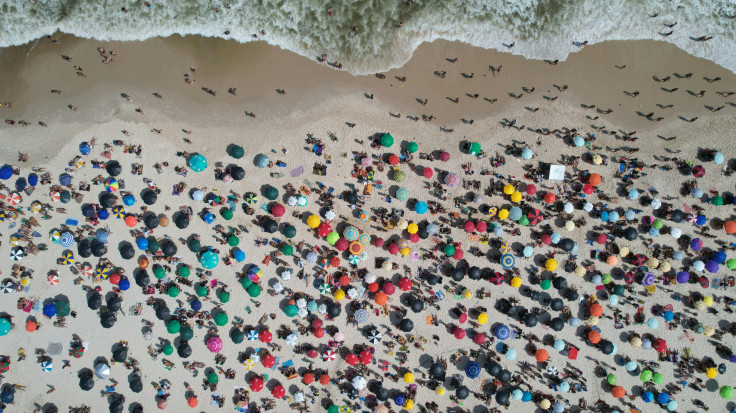
Starting April 10, 2025, citizens of the United States, Canada and Australia will face new requirements to enter Brazil, according to the latest regulations implemented by the Lula da Silva's government.
The change in visa policy, initially planned for 2024, aims to standardize entry processes into the country and affects visitors for tourism or cruise travel, who will now be required to apply for an eVisa (electronic permit).
The initiative is a shift from Jair Bolsonaro's migratory policies and a return to the traditional principles of the country, which were based on reciprocity and equal treatment. Bolsonaro had abolished visa requirements for citizens of these countries without receiving the same treatment in return, citing the goal of promoting tourism and business.
The Brazilian Ministry of Foreign Affairs emphasized that "Brazil does not unilaterally grant visa exemptions for visitors without reciprocity."
The new eVisa for Brazil will cost $80.90 and will be valid for 10 years, allowing multiple entries into the country while limiting stays to 90 days per year.
To obtain the eVisa, applicants must meet specific requirements, including:
- Providing a letter of intent specifying travel dates and purpose.
- Confirming accommodation and proof of residence.
- Presenting return tickets or a signed return declaration.
- Demonstrating income through bank statements from the last three months or the six most recent pay stubs, with a minimum average income of $2,000.
The company VFS Global will handle visa processing for Brazil, with the average processing time expected to be five business days. Brazilian authorities recommend initiating the process at least two months before the planned travel date to avoid inconvenience or delays.
The visa policy adjustment occurs amid a significant increase in international tourist arrivals in Brazil. In the first nine months of 2023 alone the country welcomed nearly 6 million foreign visitors, with U.S. citizens being the second-largest group, surpassed only by Argentine visitors.
© 2025 Latin Times. All rights reserved. Do not reproduce without permission.




